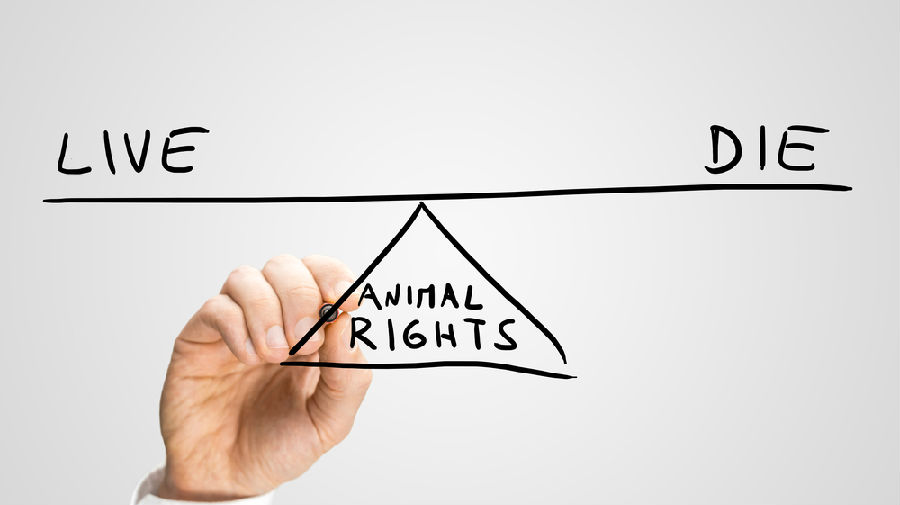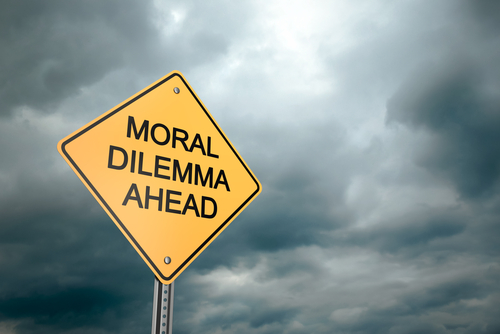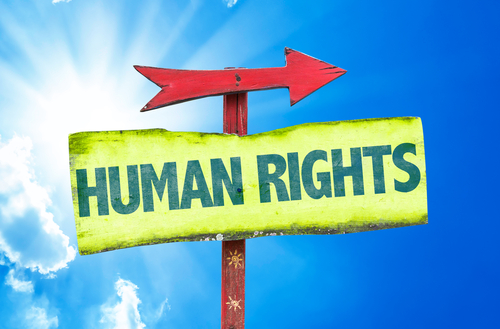Euthanasia, from the Greek word meaning "good death", is the practice of assisted suicide with the intention of relieving pain and suffering. Euthanasia is also known as mercy killing or physician assisted suicide. Like all things that deal with life and death, it has been a controversial subject of debate due to its seeming infringement of a person's fundamental right to live. As a law, voluntary euthanasia is accepted in some countries, including some states in the United States and provinces in Canada. Euthanasia is also one of the most actively researched and debated subjects in modern bioethics. Surveys taken in the United States indicate that an estimated 46% of physicians agree that voluntary euthanasia should be allowed for certain situations, with 41% disagreeing altogether and 14% believe it to be circumstantial. Below are the key arguments for euthanasia, which highlight why it is our right as human beings as well as the benefits it presents.
10.People have the right to die.

Often, the discussion revolves around the right to life; anti-euthanasia proponents argue that euthanasia infringes on a person's fundamental right to live. What they fail to see is that our "life" as human beings implies death. Without death, we do not have "human life" by its very definition. Like black and white or two sides of a coin, human life cannot occur without death. Therefore for those that argue that every man has the fundamental right to live, they unknowingly also agree that every man has the fundamental right to die.
9.People have the explicit right to choose.

Beyond the philosophical implications of man's right to live or die lies man's explicit and fundamental right to choose. Everything is touched by this explicit right, from what you will have for breakfast to what you will believe, what your opinions are and what you do with your life. The society that man has built is founded on this very right, and evolves because our inherent nature is explored. Regardless of the outcome, no one can question our right to free will. The right to choose is fundamental and applies to all elements of "human life", which by the nature of human life, includes the right to choose how you die. As an example, a terminally ill individual who is currently under significant pain may choose to die with dignity, as is his right. To deny him this is to deny him his personal autonomy and is an act that is trespassing on his humanity. While concepts such as dignity are defined by social majority, an individual, possessing all the rights of a human being, may perceive a dignified death to be preferable to constant suffering. He may decide on euthanasia, and this choice should be available to him. Very simply, this is his right to choose, as equally as he made his choices when faced with circumstances in life. It cannot be questioned should he decide to act on it. In the case of euthanasia, we simply request assistance to facilitate this right of choosing how to exit this world.
8.Euthanasia is not immoral.

For something to be immoral, it would have to violate moral laws or norms. The argument of anti-euthanasia proponents is that euthanasia is immoral because life must be preserved and protected. The preservation of life is, however, subject to the self-determined choice of the person and not the choice of the physician. As an example, murder infringes on a person's right to life by taking away the element of choice in the persons death. No infringement is done when it is the person who chooses how to die. For a physician to deny the person his right to die when under intense pain and suffering is effectively forcing them to live a life without what they believe is their dignity, a life of suffering and eventual death (in the case of terminally ill patients). While the intentions may be good, no person has the right to demand of another person to live a life of suffering, in fact, that is immoral as it removes their right to choose. Euthanasia facilitates the choice making it in fact the compassionate choice and sympathetic to that person's dignity. It is also important to note that those that argue to preserve life despite the patient being terminally ill and in extreme pain are usually not the patients themselves and therefore removed from the consequences of the decision.
7.Euthanasia protects self-hood and human dignity.

Self-determination is one of the key elements that make us human. It is the ability to determine our destiny as individuals and is facilitated by our ability to think for ourselves. Imagine a life where an illness has left you incapable of conducting the basics of life; you are unable to breathe, move or even think for yourself. You have effectively removed your ability to self-determine, arguably a significant element in being "human". Our sense of "self" is created as we progress through life. We grow our personalities as human beings by our choices and experiences. This sense of self is the foundation of our human dignity.
6.Euthanasia does not harm to others.

Because people will naturally have different interests, it is not uncommon to have conflicts of interest. When conflicts arise, it is the goal of civilized society and the state to ensure the resolution of conflicts without the infringement of fundamental human rights. These rights are protected above all others and their infringement is punished severely. That being said, euthanasia as a choice infringes on no such fundamental rights. Death by its nature is a private affair. Assisted suicide (as is the case of euthanasia) involves direct harm and the termination of life only to the individual who has requested it. One cannot request euthanasia for another "competent" person. If this is the case, it will then be a question of murder instead. The process of euthanasia does not restrict or infringe on anyone's fundamental rights and therefore does no harm.
审校:嘉珈Alison 来源:前十网












